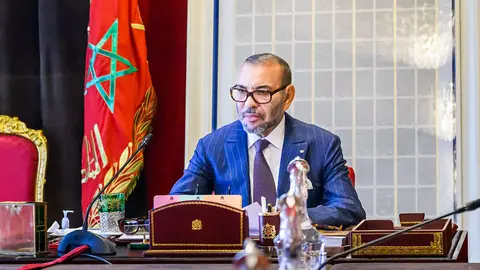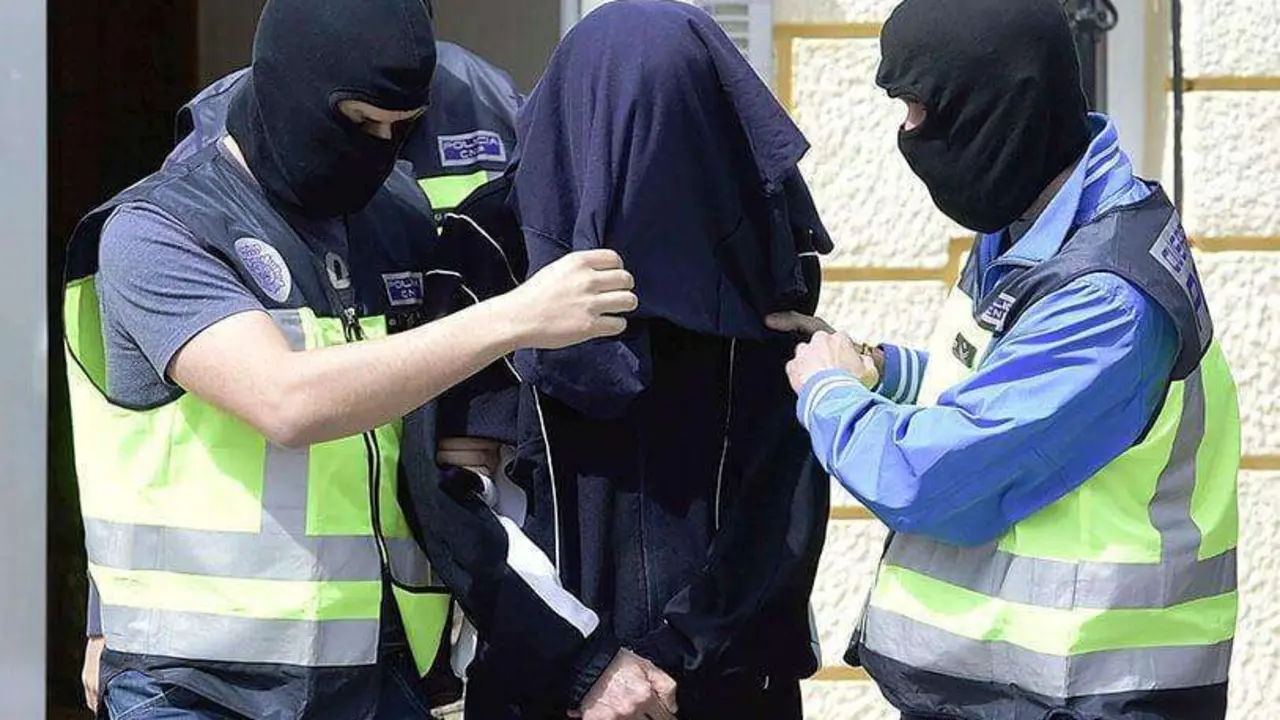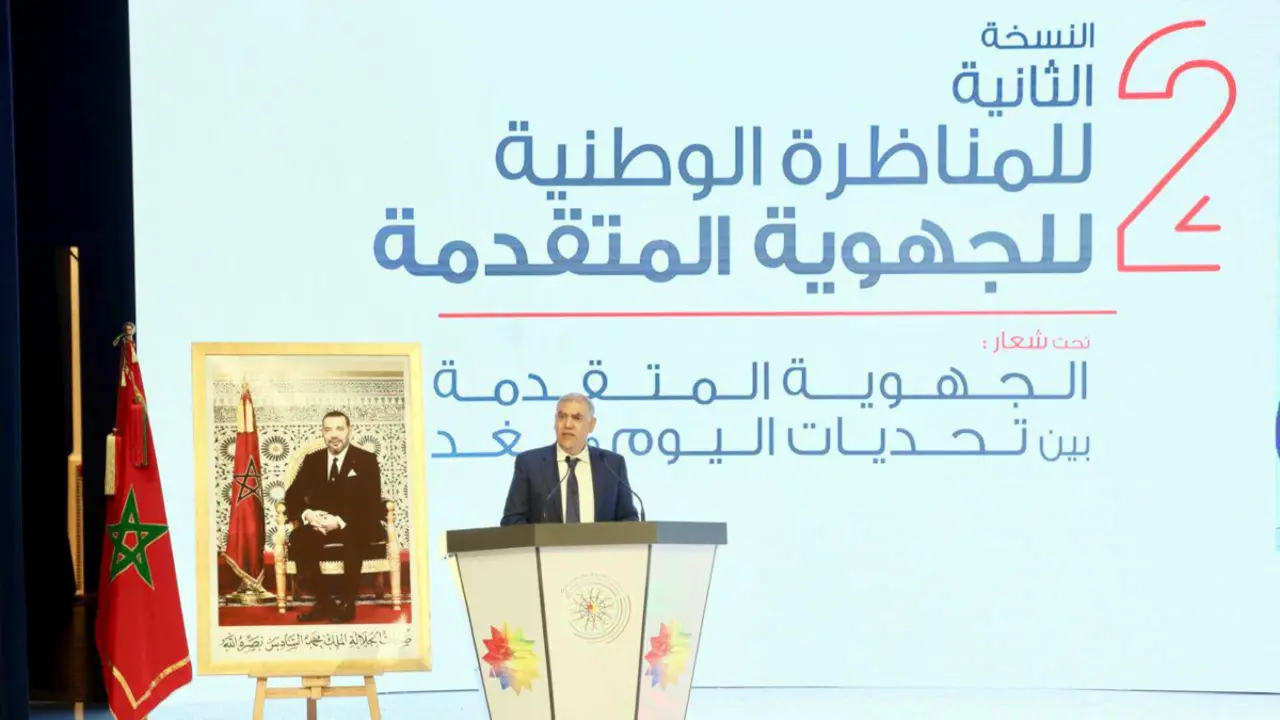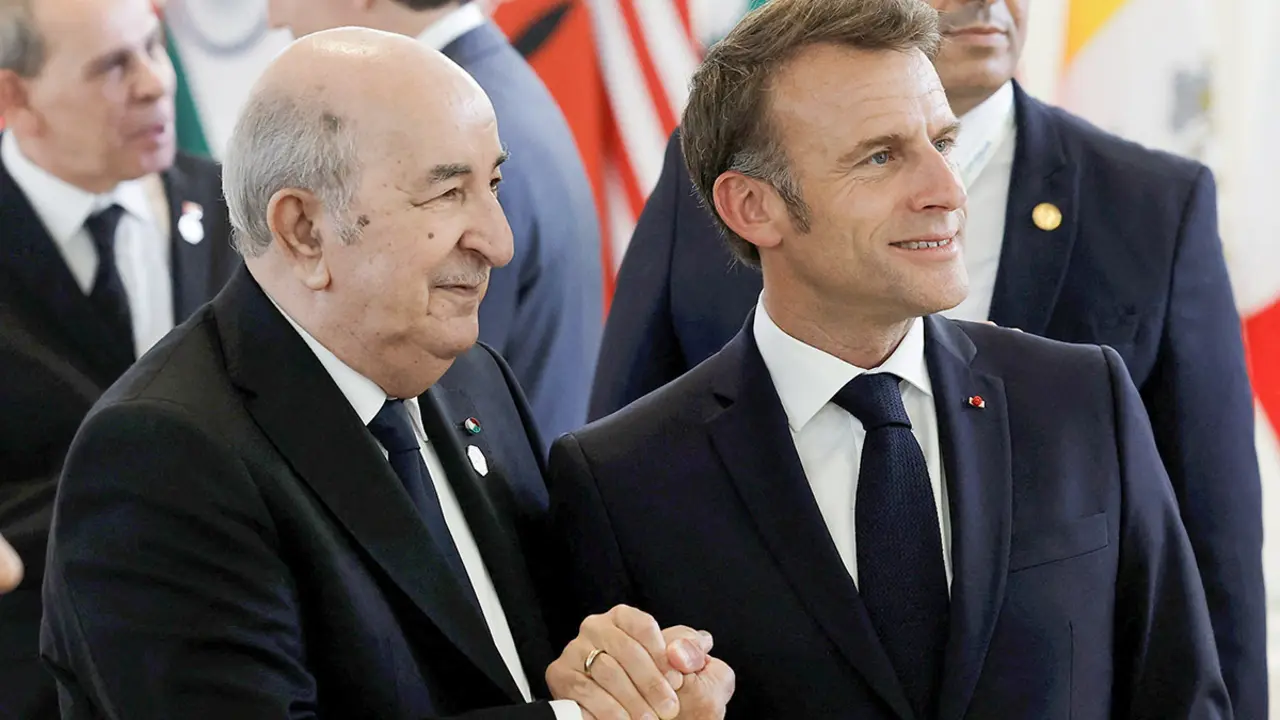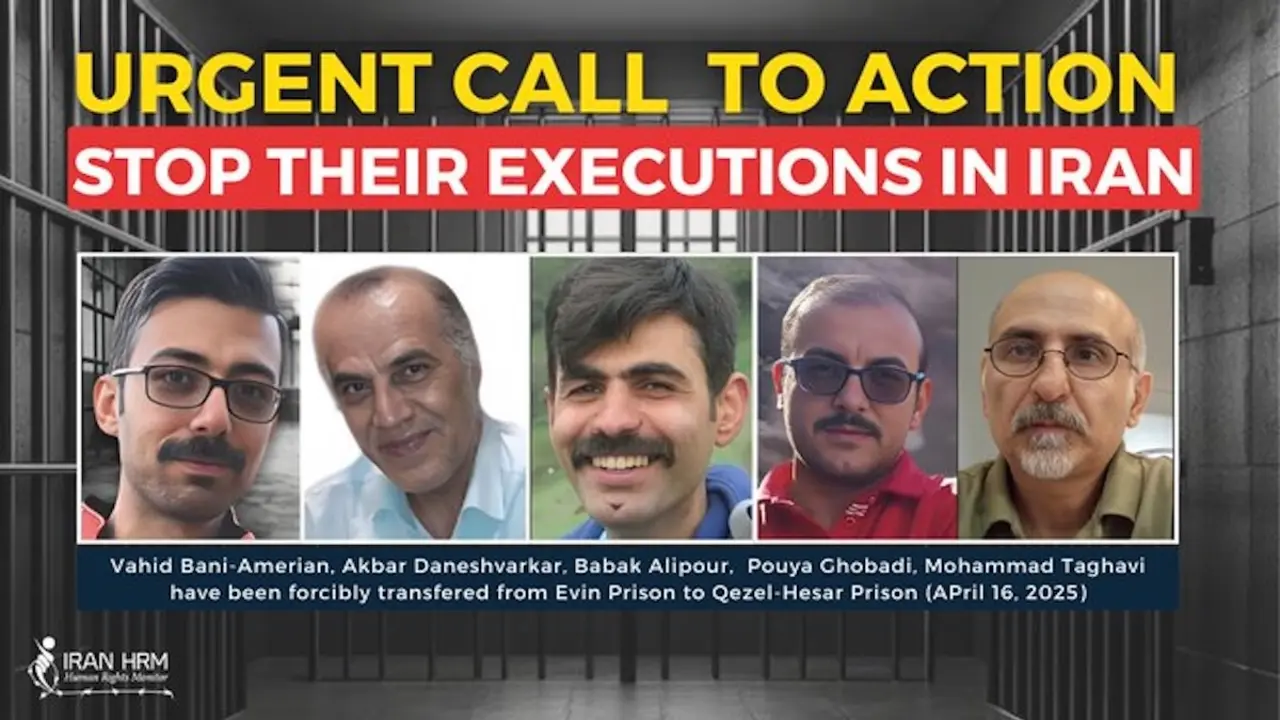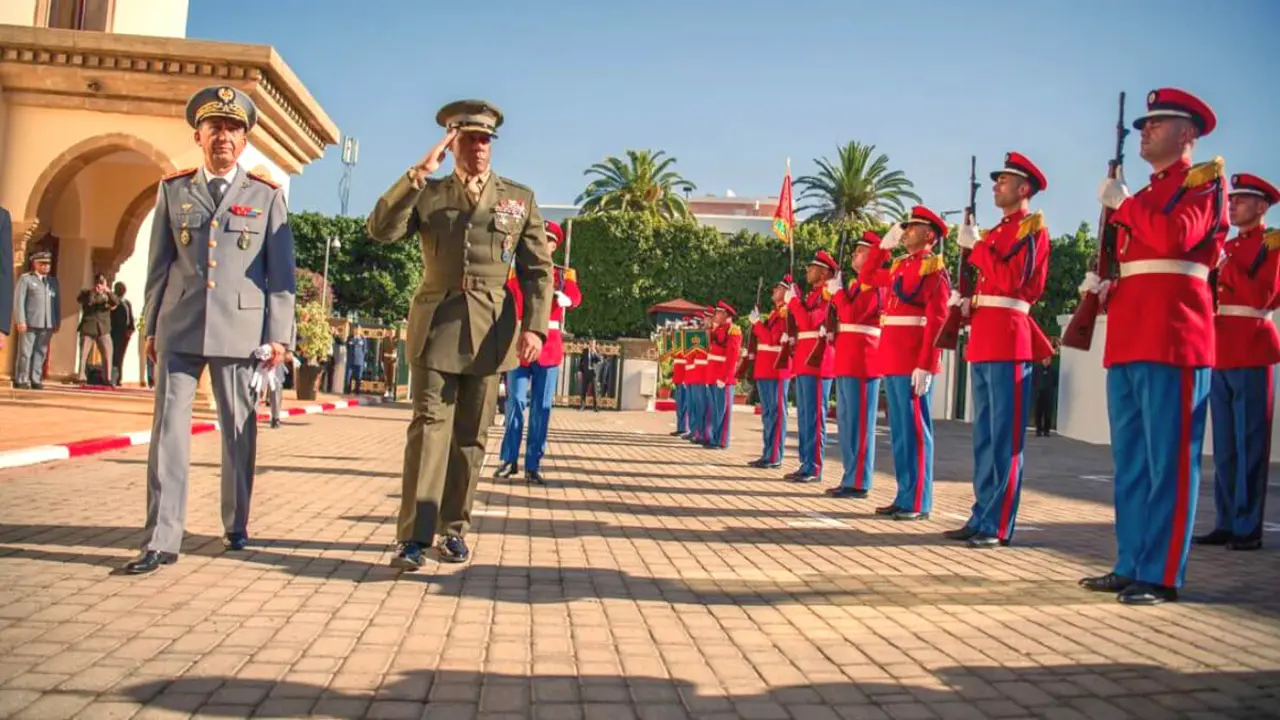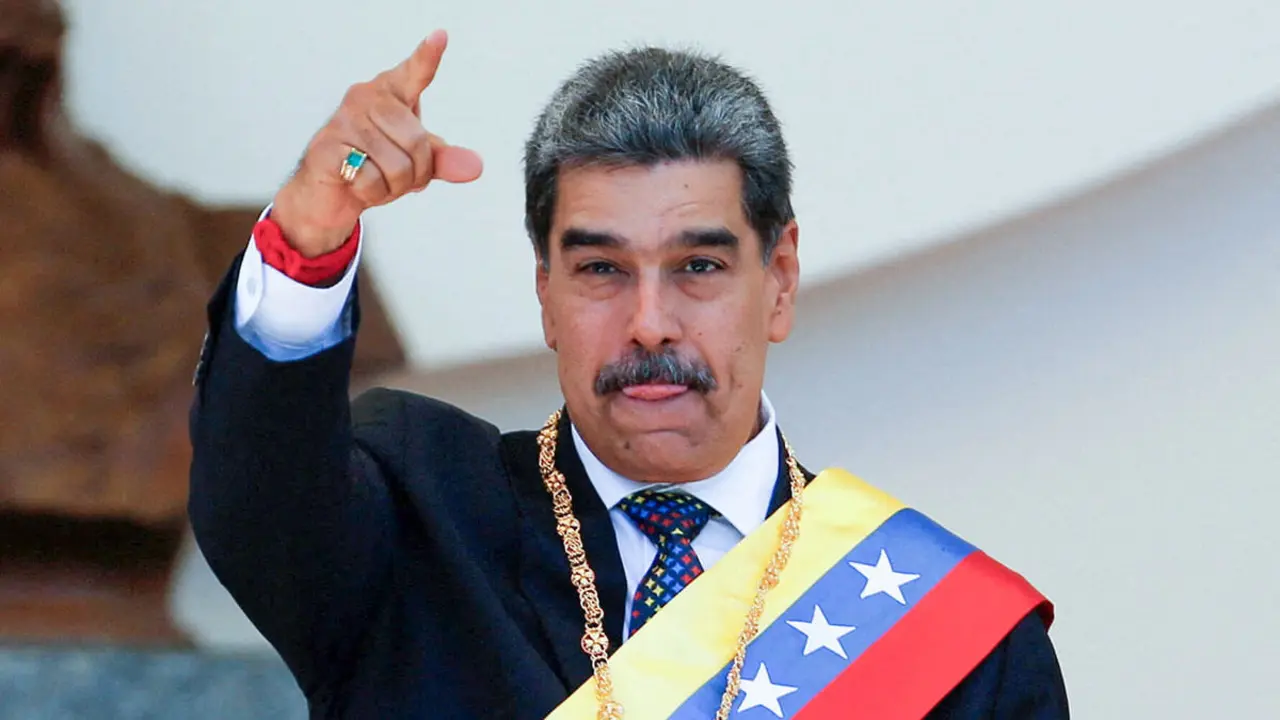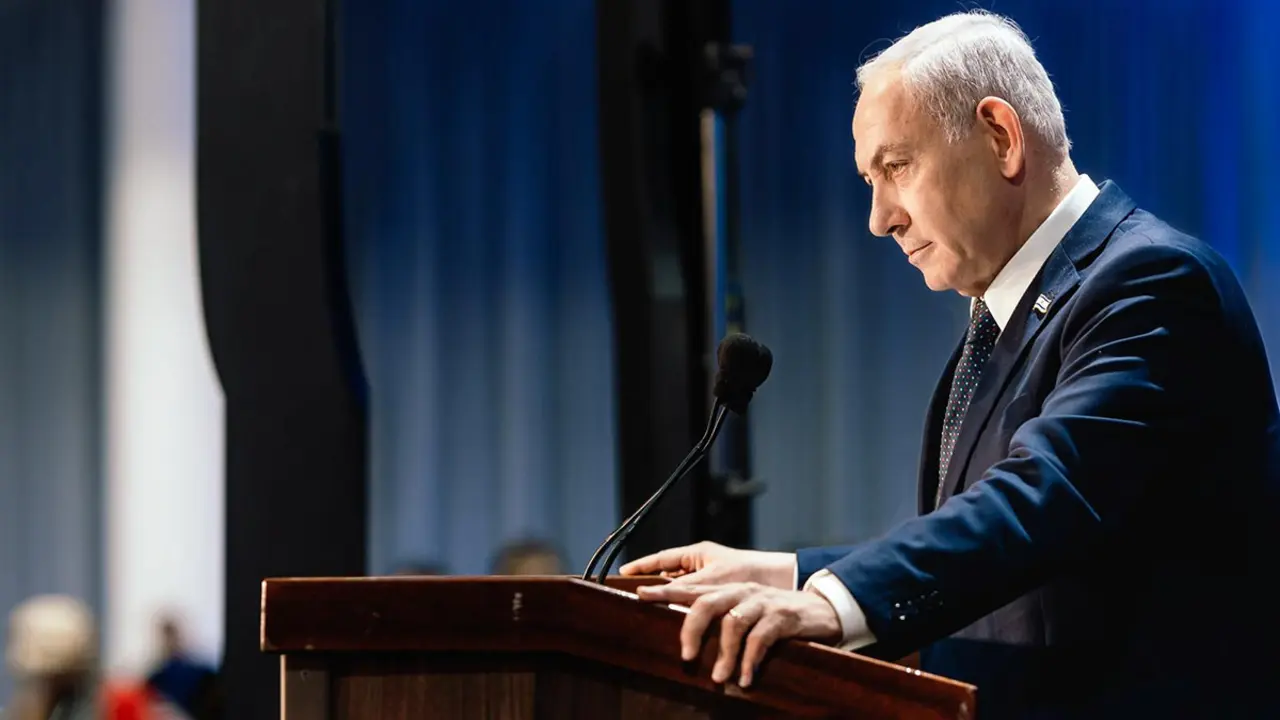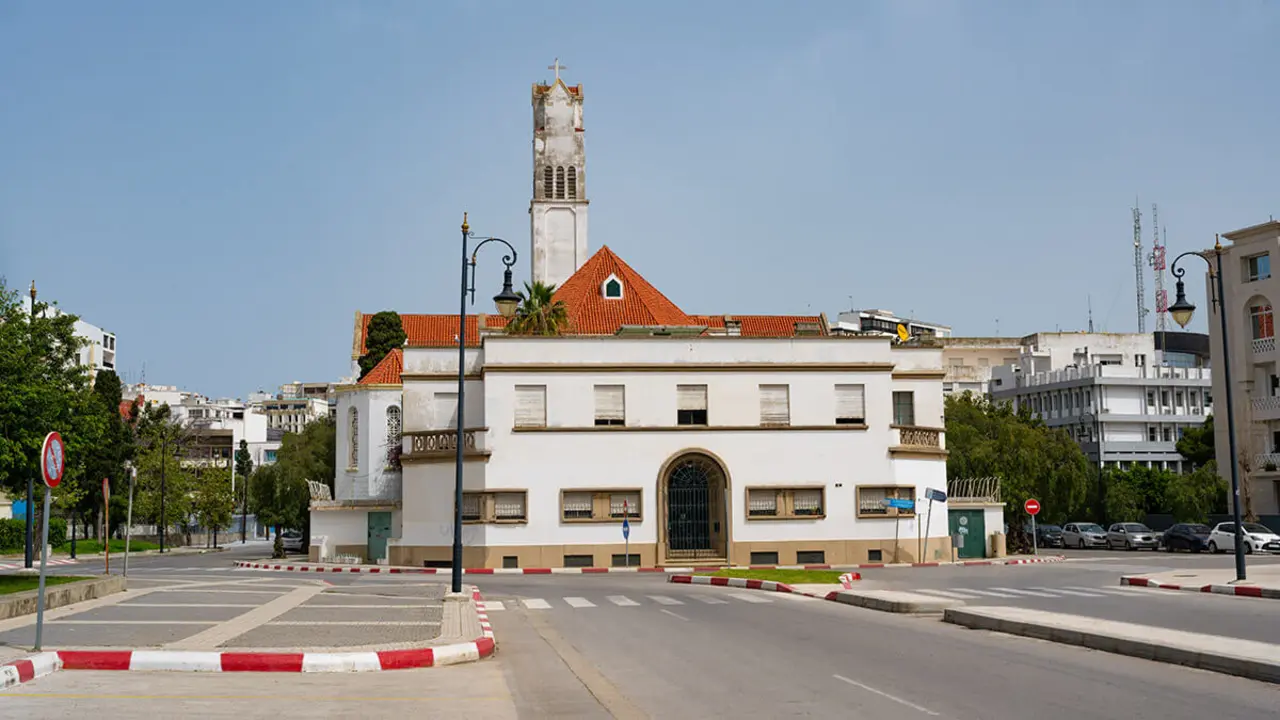Moulay Hassan, Crown Prince of Morocco and heir to the throne of Mohammed VI

The promotion of the Crown Prince of Morocco, Moulay Hassan, to the rank of Brigadier General represents a gradual progression that combines a well-established scientific education with specialised military studies, reflecting an integrated training that qualifies him to assume his future responsibilities at the national and international levels.
At a historic moment in his military academic career, coinciding with the official and popular celebrations of the 26th anniversary of Throne Day, the Crown Prince of the Kingdom of Morocco, Moulay Hassan, son of Mohammed VI, was officially promoted to the rank of Brigadier General in the Royal Armed Forces during the swearing-in ceremony of new officers before Moroccan King Mohammed VI, Supreme Commander and Chief of General Staff of the Royal Armed Forces, held at the Meshwar Square of the Royal Palace in Tetouan on Thursday.
This promotion is a confirmation of the Crown Prince's commitment to the military path and his leadership training in the military institution after accumulating high-level academic and field training over the past few years, within the framework of the royal vision aimed at preparing him to carry out his serious national responsibilities. Observers agree that the royal decision came in the context of the Moroccan monarch's support for the progress of sovereign tasks related to security and defence, which the Crown Prince has been carrying out as part of a strategic vision aimed at improving the preparedness of the Armed Forces and their permanent readiness to defend the sovereignty of the homeland and its capabilities.
On 31 July 2015, Prince Hassan appeared for the first time in military uniform, while the King presided over the swearing-in ceremony of 1,470 officers graduating from various military and paramilitary institutes and schools, as well as officers who have advanced in their ranks within the Royal Armed Forces, including 268 female officers.
Military qualifications
On 14 May 2017, the Crown Prince carried out his first activity by order of the King with the completion of his 14th spring, when he presided over a royal luncheon at the Officers' Club in Rabat on the occasion of the 61st anniversary of the founding of the Armed Forces, where he appeared for the first time wearing a senior officer's uniform with the rank of Army Colonel in the presence of senior state officials, civilians and military personnel, as well as military attachés from sister and friendly countries accredited in Rabat.
In June 2019, at the headquarters of the Royal College of Higher Military Studies in Kenitra, Moulay El Hassan presided over the graduation ceremony of the 19th Regiment of the Higher Defence Corps and the 53rd Regiment of the General Staff Corps, where the director of the Royal College of Higher Military Studies presented to him the annual results of the college's activities and the results obtained by the officers in training. This led the Royal Forum of the Armed Forces to note that ‘the Crown Prince's chairing of this type of military activity is part of his preparation to assume the role of coordinator of the interests of the Royal Armed Forces and to join the General Command of the Army, a position held for many years by King Mohammed VI when he was Crown Prince’.
The Crown Prince received rigorous military training in addition to his academic studies, and thus exercises one of the most important components of the personality required to govern the Kingdom, according to the vocabulary of the scientific and field training of leaders who are destined to follow in the footsteps of the Alawite kings. His grandfather, the late King Hassan II, served as Chief of the General Staff of the Royal Armed Forces, oversaw the development of the first nucleus and the construction of the Moroccan Army, and in 1958 led Army divisions to victory and defeated rebel militias during what became known as the Rif Revolution. He also assumed supervision of the Ministry of Defence.
His father, King Mohammed VI, was appointed on 11 April 1985 as Coordinator of the Offices and Interests of the General Command of the Royal Armed Forces, a task befitting a prince, which he carried out successfully, and was promoted on 12 July 1994 to the rank of Major General. Last May, he highlighted the firm pride of the Royal Armed Forces, emphasising their fundamental role in facing contemporary challenges, such as cross-border security risks and fluctuations in regional and international situations. On the occasion of the 69th anniversary of the establishment of the Royal Armed Forces, he stressed that "arming oneself with wisdom, vigilance and knowledge" has become an absolute necessity in light of a changing global reality, noting the tremendous efforts made by military units, not only in defending the homeland, but also in humanitarian field work, especially during natural disasters and crises, where these forces play an advanced role in rescue, assistance and medical services, in accordance with well-thought-out plans and accumulated experience.
The promotion of Moulay Hassan to the rank of Brigadier General is a practical translation of the strategic vision adopted by King Mohammed VI in qualifying the next generation of royal leadership, and confirmation of the consolidation of Morocco's ancient military traditions, which have always been proud of the participation of the Crown Prince in the ranks of the Armed Forces before assuming sovereign positions up to the Supreme Command, which is not initiated by the kings of Morocco as part of the protocol associated with the hereditary system of government, but as a basic task that they are willing to carry out so that they are fully aware of their knowledge, technologies, conditions, academic and field data, and their social, humanitarian and psychological characteristics, and in scientific and practical harmony with the Alawite military school, which imposes equality among its members and allows the Crown Prince the opportunity to get closer to the children of the Armed Forces gathered under an oath of loyalty and the flag of belonging.
Furthermore, belonging to the military institution places the Crown Prince at the centre of his sovereign leadership tasks of strengthening the homeland, securing its borders and territorial integrity, protecting and defending the State and society, following the approach of the ancestors of his honourable Alawite fathers and grandfathers, including Sultan Ahmed Mansour Al-Zohabi, whose name was given to the regiment of officers graduating from various military and paramilitary schools and institutes and non-commissioned officers who were promoted to the rank of officer on the occasion of the celebration of the 26th anniversary of Throne Day, which King Mohammed VI described as one of the great monarchs of Morocco. His reign was marked by progress and stability in various regions of the country, his openness to the depths of sub-Saharan Africa, as well as the consolidation of Morocco's relations with Europe, calling on his children to live up to what this name symbolises, of patriotic zeal, commitment to the sanctities of the nation, integrity and discipline, and loyalty to his immortal motto: God, country and king.
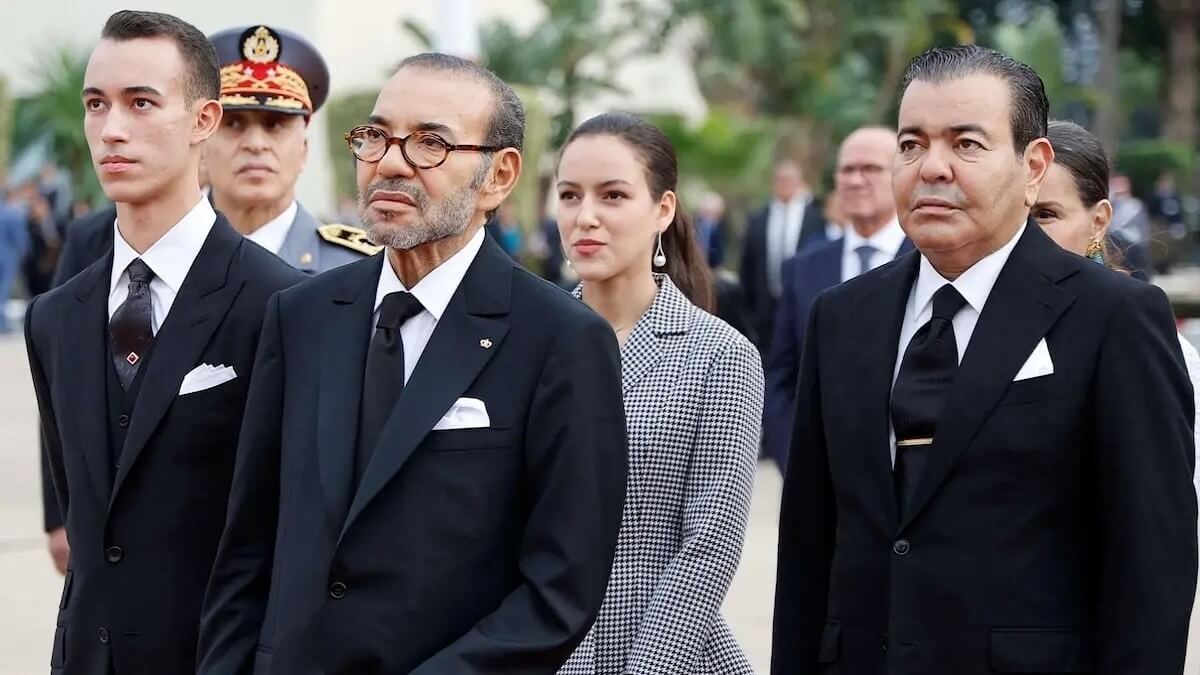
Strict education
The most important pillars of the continuity of the State are the preparation of the new royal generation represented by the Crown Prince to govern through a system of mental, physical, psychological, political, cultural and social preparation and training, in conditions that are not exempt from the challenge of endurance and the rigour of the test, which requires those close to the position of leadership to be fully committed to their duties, discipline in the performance of duty and a willingness to sacrifice themselves for the good of the homeland, as happened when the throne and the people united in the battle for national liberation led by King Mohammed VI and his son, Prince Hassan II.
Moulay Hassan, son of Mohammed, is the eldest son of King Mohammed VI. He was born on 8 May 2003 and was named after his grandfather, King Hassan II, and is known as Hassan III. His lineage goes back to Hassan, son of Ali, son of Abi Talib, grandson of the Prophet Mohammed and his daughter Fatima Zahra.
Therefore, he is Hassan, son of Mohammed, son of Hassan II, son of Mohammed, son of Youssef, son of Hassan, son of Mohammed, son of Abdul Rahman, son of Hisham, son of Mohammed, son of Abdullah Al Khatib, son of Ismail, son of Sharif, son of Ali, son of Mohammed, son of Ali, son of Youssef, son of Ali, son of Abdullah Al Kamil son of Al Hassan Al Muthanna son of Al Hassan son of Ali son of Abi Talib son of Abdulmutallab son of Hashim.
On 10 October 2008, Moulay El Hassan made his first school entrance at the princely school of the Royal Palace in Rabat in the presence of his parents and his sister, Princess Khadija, where there is a book for memorising the Quran and multiple classrooms. Under the supervision of Professor Aziz El Hussein, who was appointed headmaster of that school in recognition of his outstanding teaching experience, and who was headmaster of the Dar Al-Salaam secondary school in Rabat when King Mohammed VI (then Crown Prince) passed his baccalaureate exam in June 1981. In one of his rare interviews with the press, the king emphasised that he is interested ‘in the crown prince receiving an education like the one my sisters, my brother and I received, an education that tends to be strict with a busy study programme, as we received a good religious education in the Quranic book in the palace, and I am interested in my son receiving the same educational rules’.
The Crown Prince continued his primary and secondary education at the Royal College, where he received his secondary school diploma from the Royal College in 2020 with a very good grade, and enrolled in the Faculty of Governance and Economic and Social Sciences of the Sages of the New Hall affiliated with the Mohammed VI Multidisciplinary Technical University in Ibn Jarir for the academic year 2020-2021. He has chosen to specialise in international relations, expressing his enthusiasm for pursuing postgraduate studies in his country and in an environment interconnected with Moroccan reality, especially since Moroccan civil and military academic institutions have become the kiss of the children of decision-makers around the world, kings, presidents, leaders, great businessmen and dignitaries of societies, especially in the Arab world, Africa and Latin America.
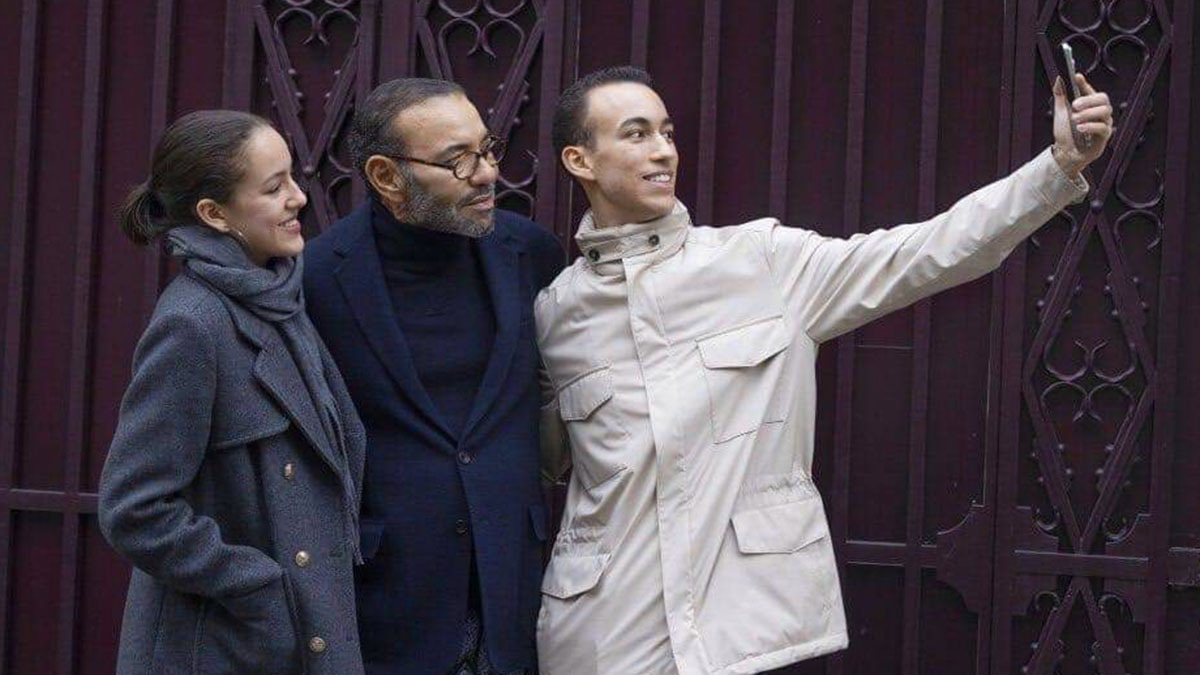
The embodiment of Moroccan identity
In May 2025, Prince Hassan graduated from university and received a master's degree in international relations in the same month after fulfilling all the requirements for a master's degree in international relations. Today, he is fluent in several languages, which he speaks, writes and composes, including French, English, Spanish and Amazigh. He shares his father, King Mohammed VI's, passion for luxury cars and aviation, as well as his broad interest in modern technologies, reading and music.
Moulay Hassan is considered a realistic and explicit embodiment of the authentic Moroccan identity in its spiritual, cultural, social and moral dimensions. He is a true product of the social fabric established between the two components of the nation. He also represents the supreme title of the openness of the state and society, and the aspirations of Moroccan youth, who are active and energetic and hope to build a better, more beautiful and more complete tomorrow. In addition, he is entrusted with a great responsibility, efficiency in preparation and the wisdom of belonging to the future under the patronage of his father, the affectionate king, and the honourable Alawite family.
When Moroccans speak of the prince of their time and the future king, they speak with satisfaction and pride of the genius of the family's long history in the kingdom, of the unique relationship between the throne and the people, and of the national unity that has become a model mentioned in Lebanon throughout the world, especially of the leader Mohammed VI, who, throughout 26 years of government, was able to establish the philosophy of his era by governing with an entrepreneurial and creative spirit in full harmony with regional and international transformations. And with the latest developments, especially in the fields of media, communication technologies, security challenges, the economy, and the ability to achieve a balance in dealing with the world of open spaces, as required by the initiative to bridge distances and overcome obstacles in dedication to the interests of the State and confirm its merit of excellence and superiority and the victory of its historical rights and future aspirations.

